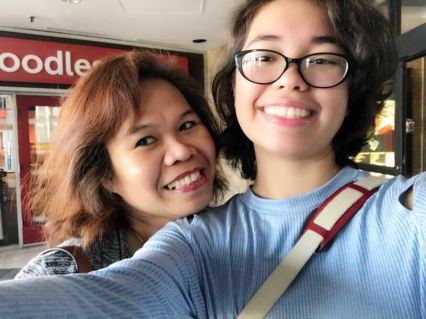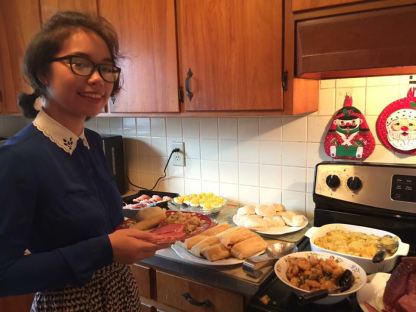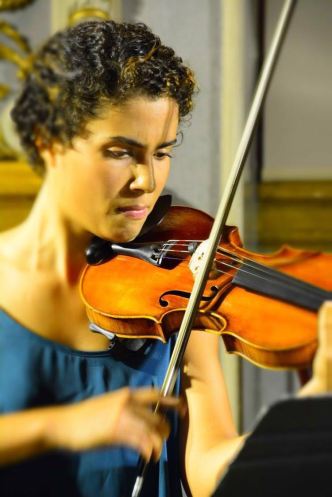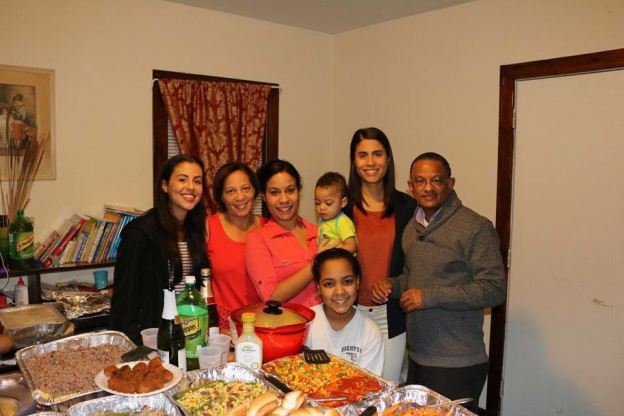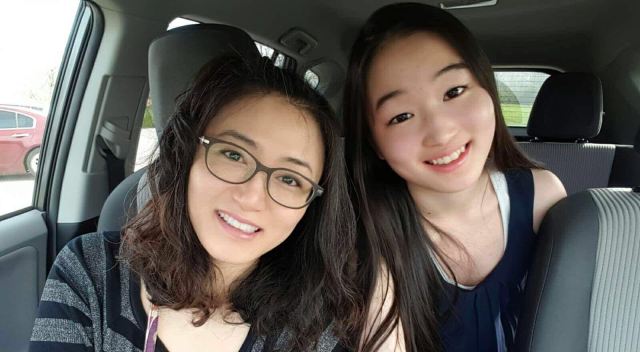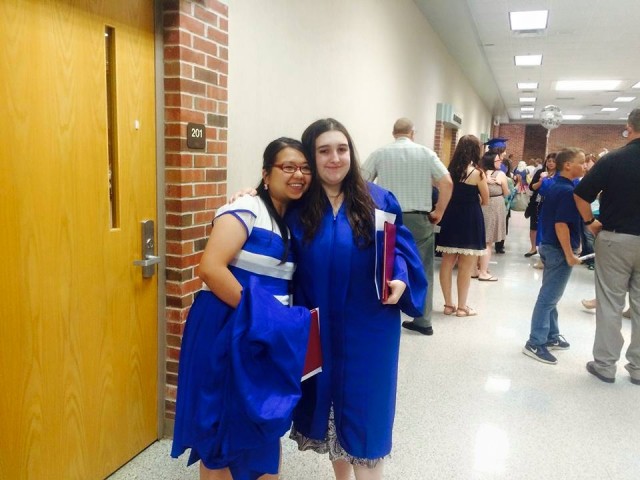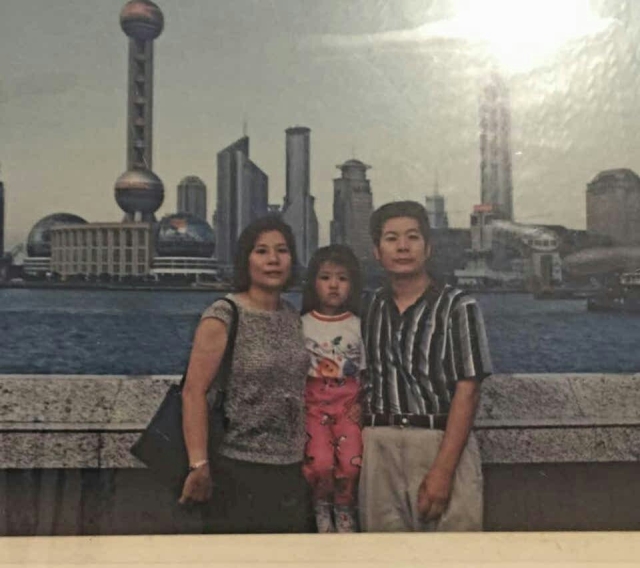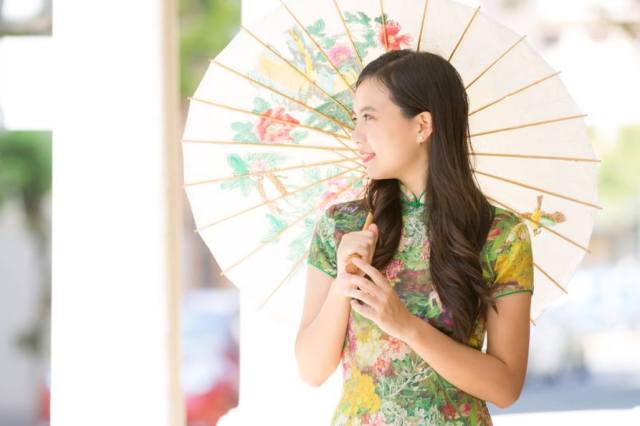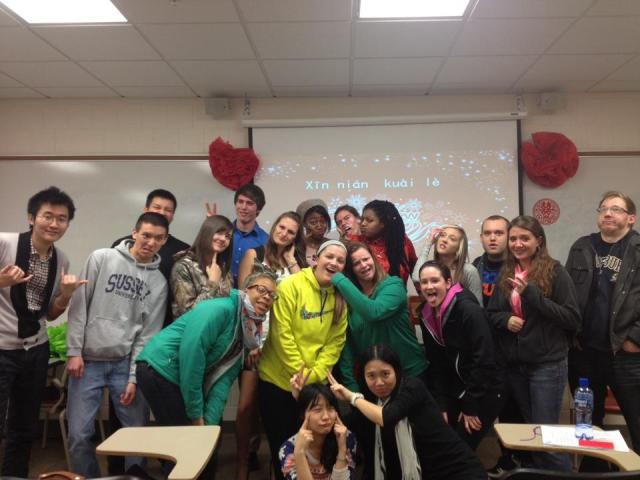Every year, tens of thousands of Chinese fly to the USA for their studies away from their parents.
每年开学季都有数以万计的中国留学生背上行囊离开父母赴美留学。
I am one of them. This week, I am lucky to have two Chinese students to talk about how they adapted to the different culture in America.
作为千万留学大军中的一员,本周我请到了两位大一和一位大四的中国同学来谈谈他们在如何在两种不同文化环境中求同存异的。
This is Jiawei Lu’s fourth year in America. As a member of Society For Sino-American Studies, he says: “I believe Chinese culture is reticent. When we were young, we were told that modesty was a virtue and silence meant respect. Therefore, when we came here America to study, we found the classroom is totally different. We do not look so confident as American students and are not so active in raising questions or answering them.”
这是陆嘉唯来到美国的第四年,作为杜鲁门州立大学中美学会的的会长他说“我觉得中国的文化其实是含蓄的,我们从小就认为谦虚是一种好的品质,沉默是一种尊重,这就造成了现在我们来到了美国求学,课堂环境来了一个大变样。相比于美国学生的自信,我们在课堂互动和提问上就形成了鲜明的对比。”
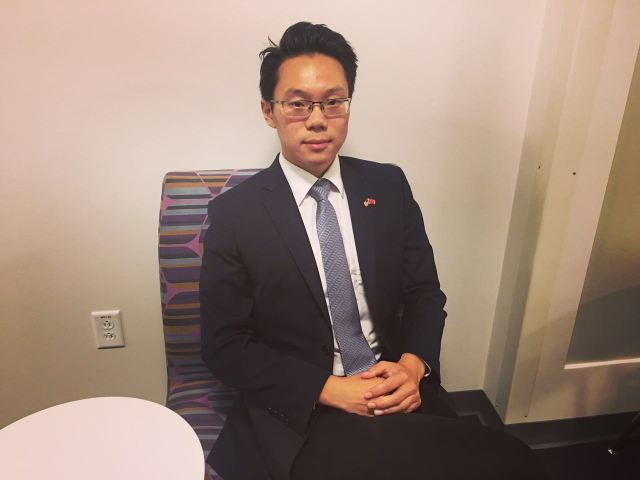
Weijia thinks it is not bad to follow the culture of the new environment. “Chinese students have two circles to make friends with. The first is the circle of Chinese students. The second is that of international students. If it is hard for you to make friends with American students, it is not because your English is not good enough, but because you cannot frankly accept their friendship. This may work the same way to American students. This is where the sense of distance comes.”
他认为,入乡随俗未尝不是一件好事“中国学生无非就是突破两道界限,第一道就是中国学生的圈子,第二道是国际学生的圈子,不能和美国同学交朋友不是因为你的英语不够好,而是因为你无法坦诚接受他们的友谊,其实这种想法可能是双向的,所以距离感就产生了。”
When Bidan Yang and Chenyan firstly arrived in America, they felt the cultural shock. Chenyan says: “The best takeaway here is I understand what I really need. When I was young, I followed my parents’ guidance and later found I was not happy with that.” “I first studied Accountancy,” says she, “but I was not much into it and was bothered. Later I told my American dorm mate and she told me to follow my heart. She said that only when I followed what I like could I keep enthusiasm. Later I switched to Theater major. This is a turning point in my life.”
“I first studied Accounting,” says she, “but I was not much into it and was bothered. Later I told my American roommate and she told me to follow my heart. She said that only when I followed what I like could I keep enthusiasm. Later I switched to Theater major. This is a turning point in my life.”
对于新来到美国的两位同学来说,文化上的巨大差异让他们感同身受。蒋晨燕说:来到美国我最大的收获是明白了自己到底想要什么,我们从小按照父母的意愿做事,到后来发现其实自己活的并不开心。”她说“我本来是会计专业,我自己并不感兴趣,我把我的困惑告诉了美国室友之后她就告诉我,你要遵从自己的内心做自己喜欢的事情,你只有对你喜欢的事情才能保持热情不是吗?我后来换成了戏剧专业,这将是我人生中一个巨大的转折点。”

Cross-cultural exchange can help us grow in short time. Bidan says: “Chinese people stress the idea of ‘Seeing is believing’. When we think outside the box, we learn to think critically and about the other facets of a thing. When we do so, we are no longer following suit or being extreme in our views.”
跨文化交流使每个人都在短时间内迅速成长。杨碧丹说:“中国人讲百闻不如一见,走出原本的思维模式,让我学会了理性思考,事物的两面性,而不再极端或随波逐流。
Thinking outside the box, staying in a different environment to a new environment and listening to others views that we may agree or disagree. These experiences help us see our true heart.
我们从原本的框架中脱离出来,来到一个全新的世界,倾听别的看法,也许对立也许赞同,但这都不重要,重要的是在这过程中我们学会了认真审视自己的内心。
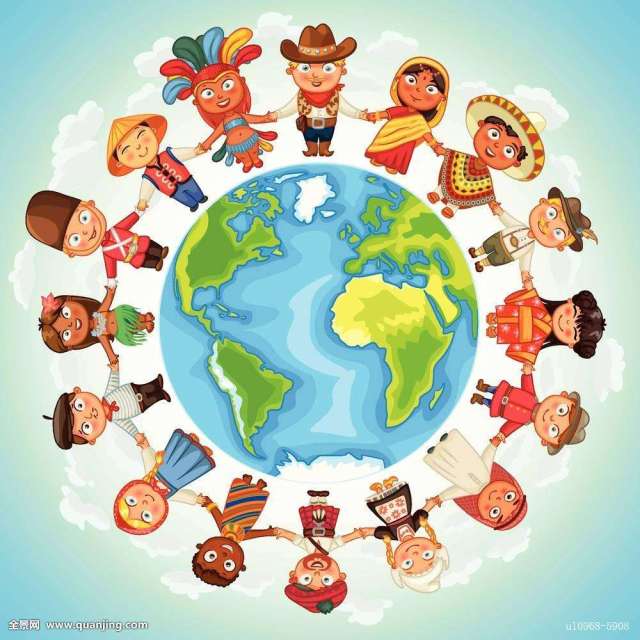





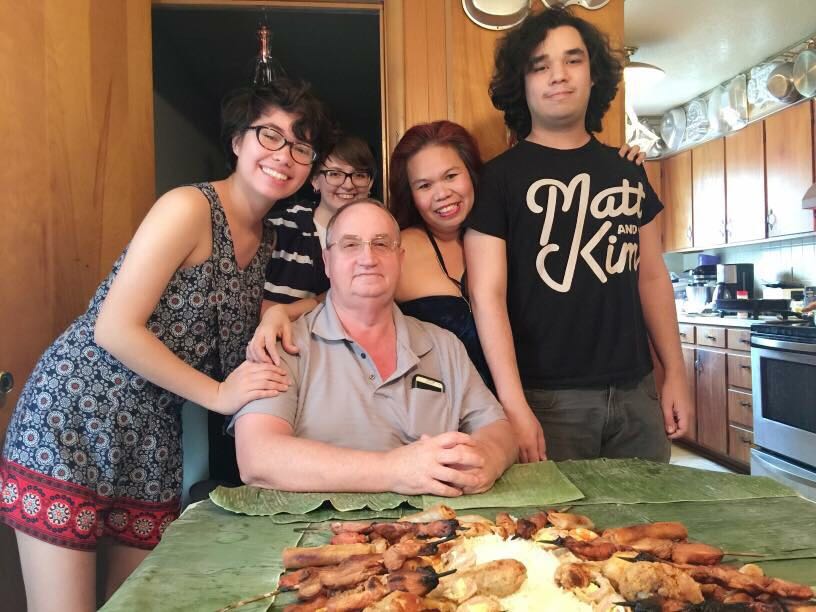
 She studies at Northwest Missouri State University. I knew her in Missouri Music Educator Conference of last year and we had a very great talk.
She studies at Northwest Missouri State University. I knew her in Missouri Music Educator Conference of last year and we had a very great talk.